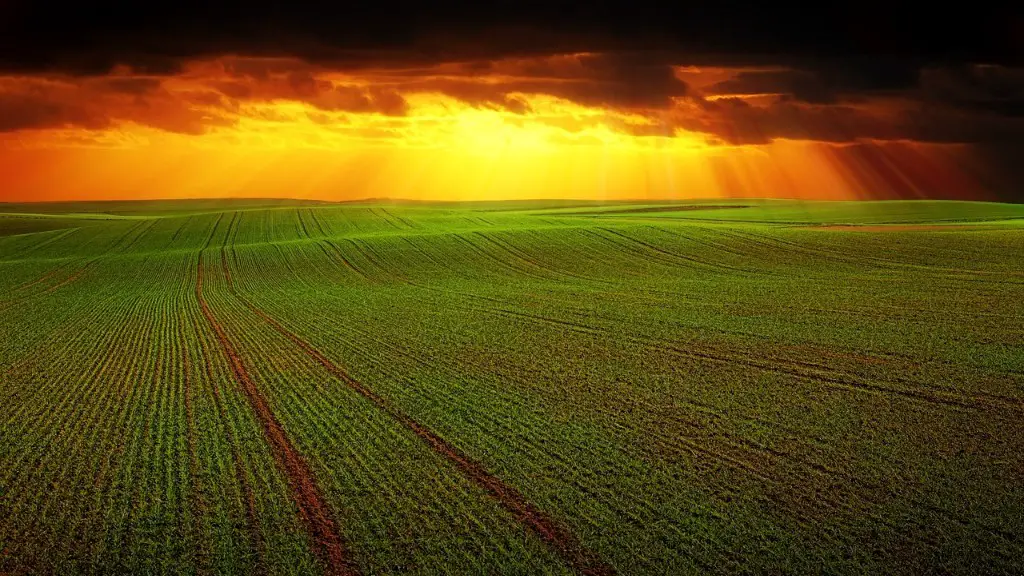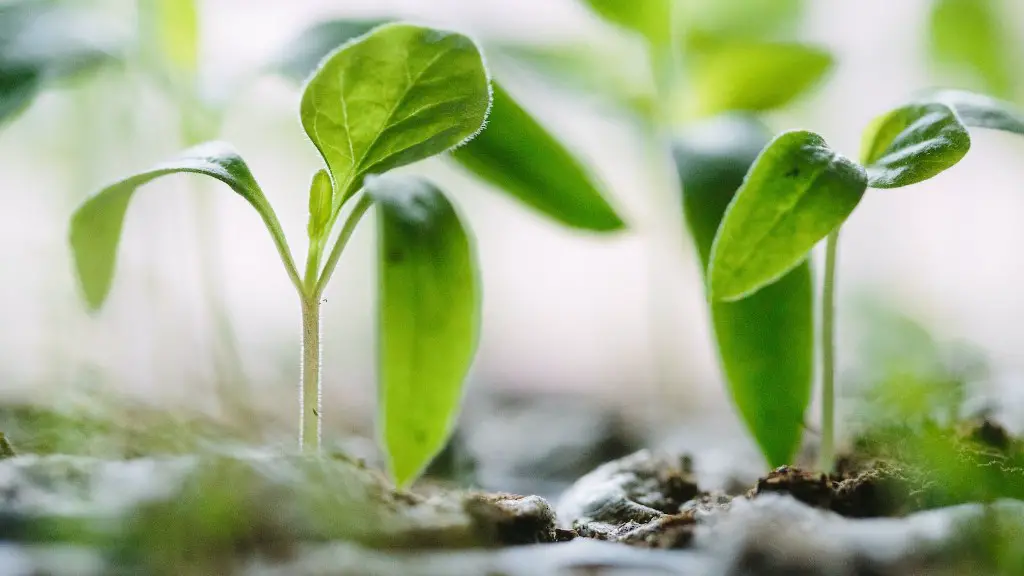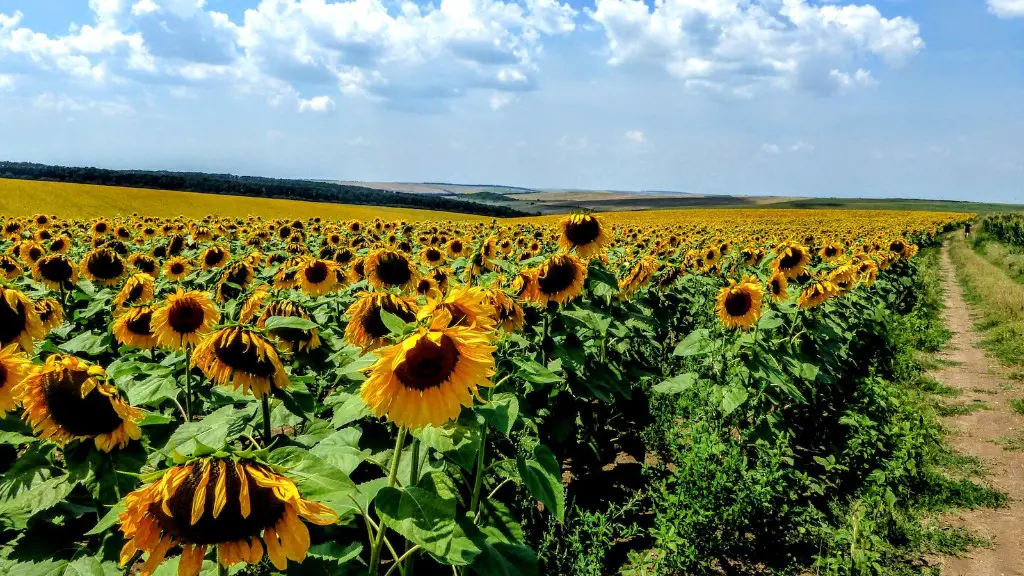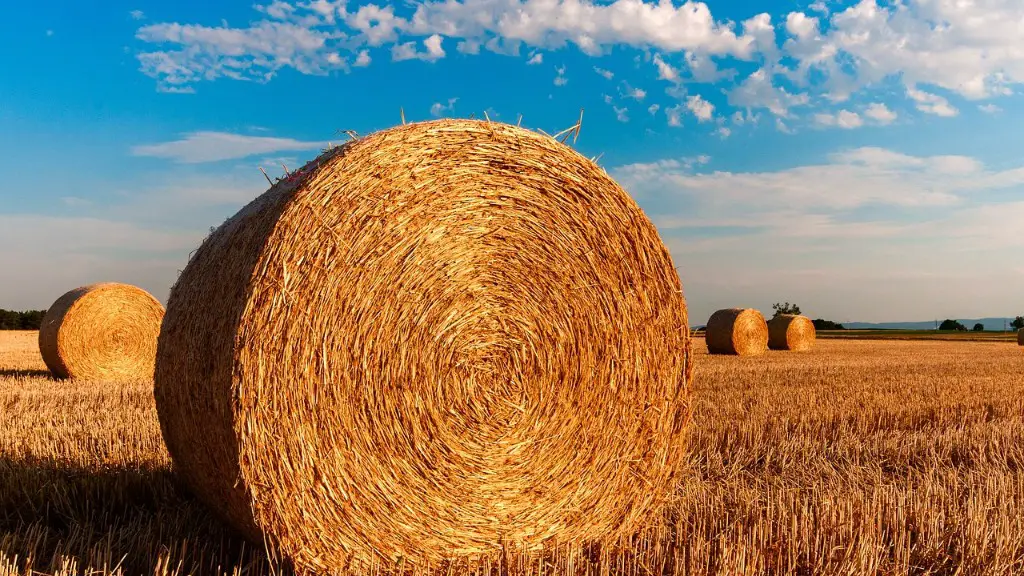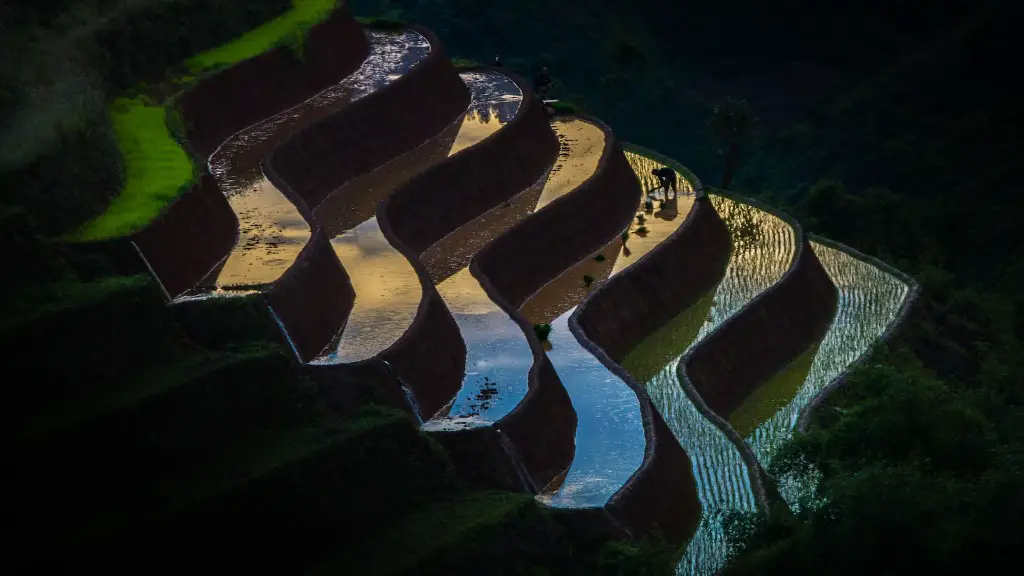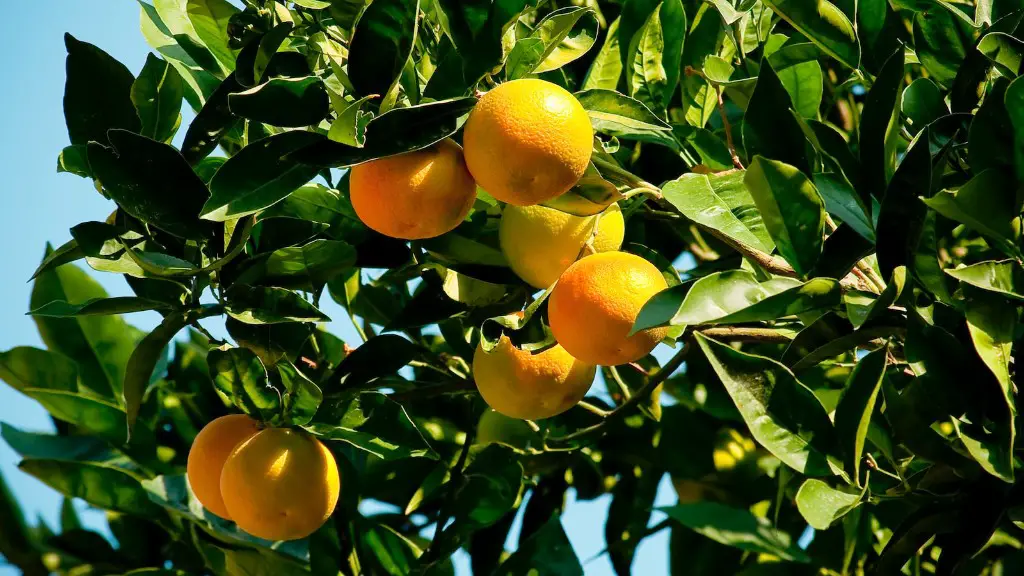Agriculture is one of the most vital departments in any economy, providing the essential components of both food and fibre. It plays an increasingly important role in our lives, with the increasing global population and the subsequent increased demand for food. The agriculture department is responsible for overseeing the management and development of land resources and the production, storage, processing and distribution of agricultural products. This department is also responsible for ensuring food safety and the regulation of the marketing and trade of food and agricultural products. The scope of the Department of Agriculture is broad and includes areas such as soil and water conservations, animal husbandry, fishing, forestry and pest control.
Land Use and Conservation
The Department of Agriculture has various programs and initiatives to promote land usage to benefit the agricultural industry. These include soil conservation, water conservation and grazing land conservation. The department closely monitors and manages the use of limited resources such as water and arable land, with the aim of stabilising and increasing agricultural yields. Conservation efforts are also devoted to increasing the efficiency of using existing land, as well as preserving land for the future generations.
The Department of Agriculture also works closely with the agri-food industry to protect, conserve and manage water resources. This includes water harvesting and irrigation, water quality management, and the efficient use of wastewater.
The Department of Agriculture is also working closely with the farming community to find new ways to improve land usage and sustainable land management that promotes output and minimises resource depletion. These include theusage of cover crops to sustain soil fertility, efficient irrigation techniques, and soil conservation.
The use of efficient land use systems and crop rotation techniques is also promoted, as well as the reduction of chemical inputs. The Department of Agriculture works with local councils to ensure that adequate land resources are available for agricultural development.
The Department also works closely with farmers to encourage them to adopt efficient and sustainable agricultural practices. These include precision farming techniques, an integrated pest management system, and the use of renewable energy sources such as wind and solar.
Animal Husbandry
The Department of Agriculture is responsible for regulating the animal industry, ensuring their well-being, and promoting production efficiency. Animal husbandry includes the breeding and management of livestock and the humane slaughter of animals.
The department has instituted regulations on animal housing, the humane transportation of animals and humane slaughter practices. The regulation of animal diseases is also important, and the department works to ensure that all animals are free from disease before entering the food chain. The department also regulates the sale and distribution of animal pharmaceuticals.
The department also provides resources to the industry to improve animal husbandry practices and increase production efficiency. For example, the department provides technical advice on herd management, nutrition and breeding, as well as resources to assist with developing more efficient animal husbandry practices.
The department also encourages cooperative partnerships between the public and the private sector for research and development initiatives in the animal industry. These partnerships are aimed at improving the quality and safety of animal products, as well as increasing yields and efficiency.
Fishing
The Department of Agriculture has various laws and regulations governing aquatic farming and fishing activities. This includes the handling and disposal of fish, the prevention of fish diseases, and the conservation of aquatic life. The department also sets regulations on the stocking and harvesting of aquatic life.
The department also focuses on sustainable fishing practices and the preservation of the marine environment. This includes developing and implementing the latest technologies in fishing gear to reduce the impact of fishing on aquatic activities. The department also promotes cooperative partnerships between public and private sector for research and development initiatives in the fishing industry.
Forestry and Biodiversity
The Department of Agriculture is also responsible for the protection and conservation of the environment and its biodiversity. This includes protection and conservation of forestry land, wetlands and other protected areas. The department works to ensure that the forestry industry complies with sustainable forest management practices.
The department also encourages the use of sustainable harvesting practices and the development of technologies to tackle illegal logging. Programs relating to sustainable forest management and forest certification are also developed and implemented in coordination with private and public sector partners.
The Department of Agriculture also works to protect and conserve biodiversity in the environment. This includes activities aimed at conserving ecosystems that are essential to maintaining biodiversity and providing habitat for wildlife.
Regulating the Food and Agricultural Industry
The Department of Agriculture works to ensure the safety and quality of food and other agricultural products. This includes setting regulations on the production, handling and distribution of agricultural products. The department also works to enforce food safety standards and promote fair trade in the agricultural and food sectors.
The department also has resources and programs in place to assist in the improvement of agricultural and food production processes. This includes techniques for efficient storage, food preparation and distribution, as well as activities for maintaining the safety and nutritional value of food.
The department also works to ensure that the agricultural and food industries comply with the relevant laws, regulations and policies set by the government. This includes the implementation of various services and programs to promote the safe and sustainable use of agricultural and food products.
Marketing and Trade of Agricultural Products
The Department of Agriculture plays an important role in the marketing and trade of agricultural products. The department works to ensure a fair and efficient marketplace for agricultural products. This includes the regulation of agricultural product prices, the regulation of imports and exports, and the monitoring of product quality.
The department also works to ensure that the agricultural and food industry are compliant with industry standards and regulations. This includes the promotion of improved quality and safety standards, as well as timely product delivery and customer service.
The department also works to promote research and development initiatives in the agricultural and food industry. This includes the promotion of the latest technologies in the production and marketing of agricultural products.
The Department of Agriculture also works to develop and implement consumer protection policies. This includes the regulation of the packaging and labelling of food products, as well as consumer education activities.
The Department of Agriculture also works to maintain and regulate the trade of agricultural products. This includes the registration and inspection of produce dealers, the registration and regulation of agricultural commodity brokers and the regulation of produce markets.
